 |
| Review by Rich Redman |
In case you are not familiar, Ip Man was a kung fu grandmaster who lived in Hong Kong until 1972. He taught Bruce Lee.
This is the third semi-biographical move about Ip Man in the last five years, that I’ve seen. There are others. Ip Man (2008) and Ip Man 2: Legend of the Grandmaster (2010) both starred Donnie Yen as the title character. Donnie Yen is amazing. I’ve been a fan of his almost as long as I’ve been a fan of Anthony Wong, who plays Ip Man in The Final Fight.
Ip Man: The Final Fight relates Ip Man’s life through the narration of his son, and covers the time from Ip Man’s migration to Hong Kong in 1949, up until his last meeting with Bruce Lee in the late 1960s.
It is a difficult film to watch, at times. Historical events come and go without resolution, because their resolutions are unrelated to Ip Man’s life.
Ip Man’s students bring these events into his life. They compete with immigrants for jobs, they organize unions for fair treatment of workers, and they deal with crime, corruption, and poverty.
Ultimately, these historical threads weave together to bring the “final fight” between Ip Man and Dragon, a local crimelord.
On the one hand, this is not a biography. We do not have to ask if it matters, or if it is critical.
Ip Man is a towering figure in twentieth-century martial arts, so glimpses into his life matter to anyone interested in kung fu.
The movie is largely hagiography. It paints Ip Man as a saintly person who lived a celibate life when border restrictions went into effect in 1950, separating Ip Man from his wife. Its criticism is implied. In stories about his earlier life, Ip Man was more willing to fight for what is right. In this movie, he stays on the sidelines. Showing that is an implied criticism.
Then again, it’s hard to be critical when the main character’s son (Ip Chung) is a member of the cast.
Nonetheless, this movie is not a credible biography. His students are far better fleshed-out.
On the other hand, it is not entirely fictional. It is not fair to criticize it through the lens of character, context, conflict, and roller coaster plot structure.
My experience in watching it is that it is worth it. I mean, I would have watched it for Anthony Wong Chau-Sang and Eric Tsang alone.
You will notice that Ip Man’s students get introduced very quickly, and it may be hard to keep track of who is who. Roll with it. The actors are very good, and the movie will give you plenty of opportunity to learn who they are.
In fact, everything they introduce pays off eventually. Ip Man’s chronic stomach illness is introduced in the opening titles, and then disappears for most of the movie, for example. It does return.
The pacing and structure are not what we would typically expect from a story but, again, that is because this story follows a real human life, and is not fiction.
I particularly enjoyed the portrayal of the relationship between Ip Man and Ng Chung (Eric Tsang) of the Pak Hok school. Initially their students fought, then the two masters found mutual respect. Ip Man comes to Ng’s aid when Dragon’s men attack the Pak Hok school during a lion dance.
Bruce Lee is never called out as a student, and only appears toward the end of the film when he is already an action star and returns to visit Ip Man.
If you love Hong Kong action movies and kung fu, the structure and pacing of this movie shouldn’t bother you. Watch it, and enjoy it.



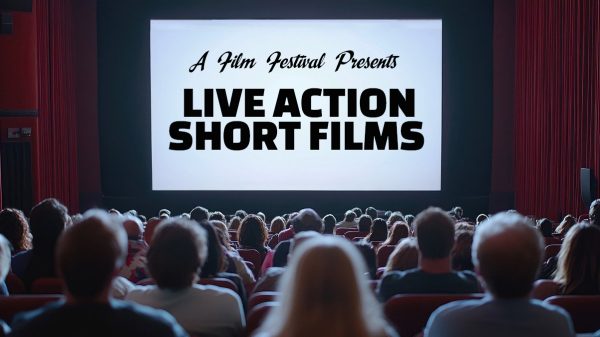



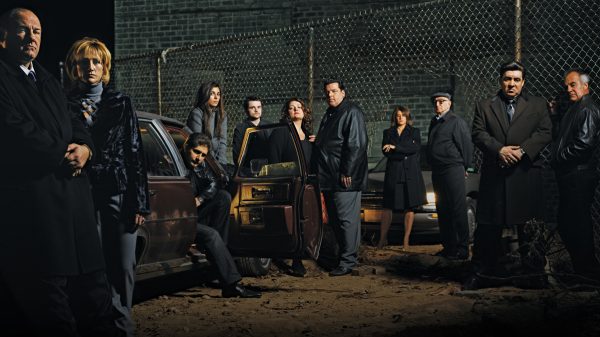
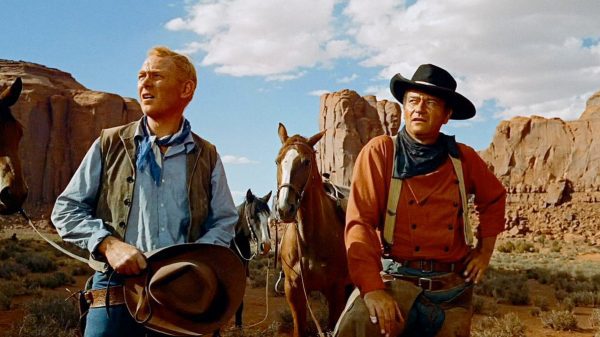


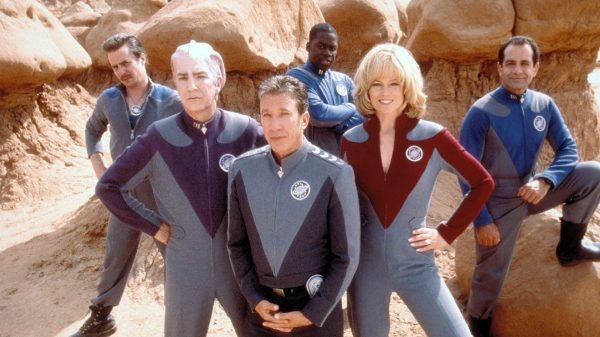
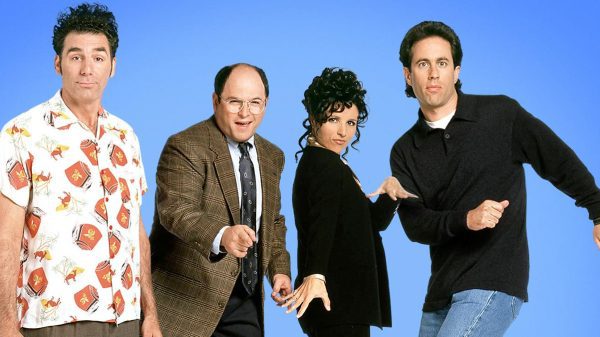


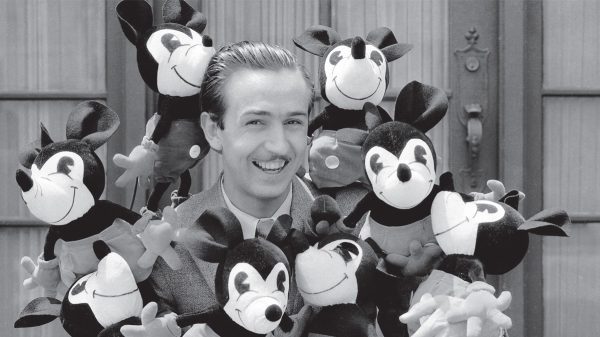


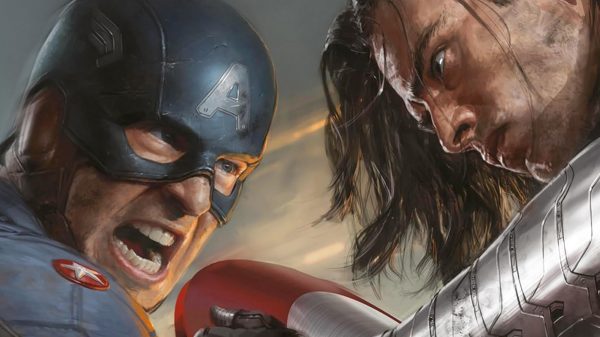




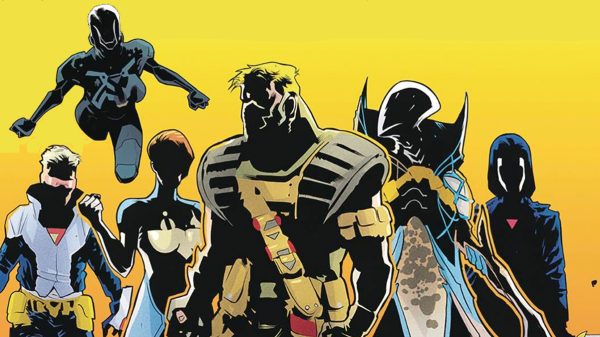
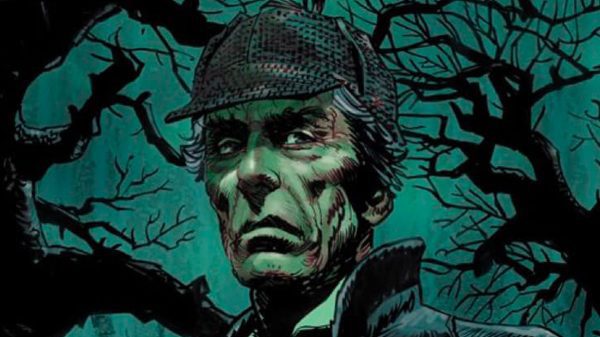
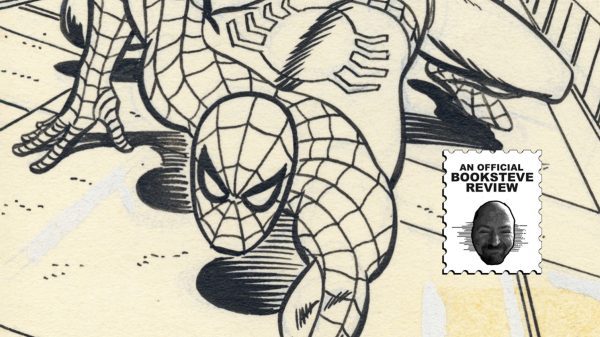
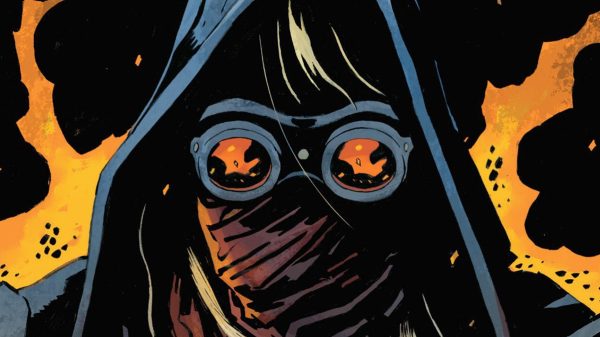





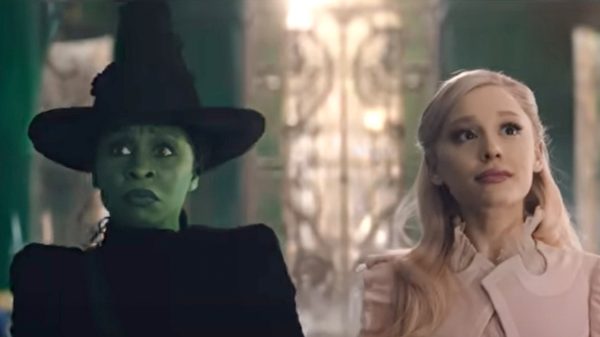

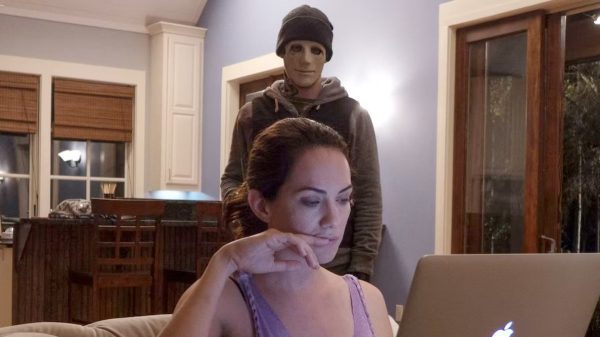













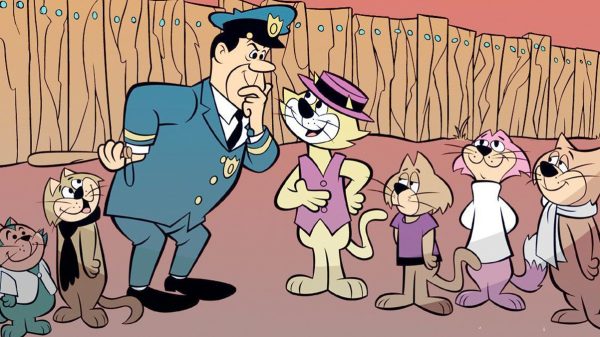
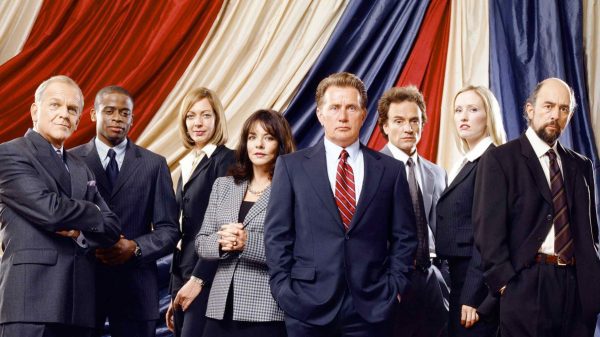
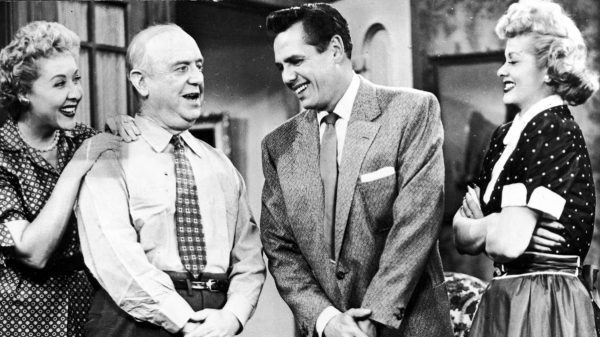
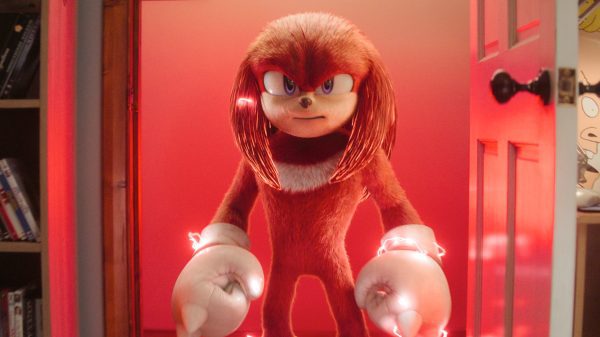


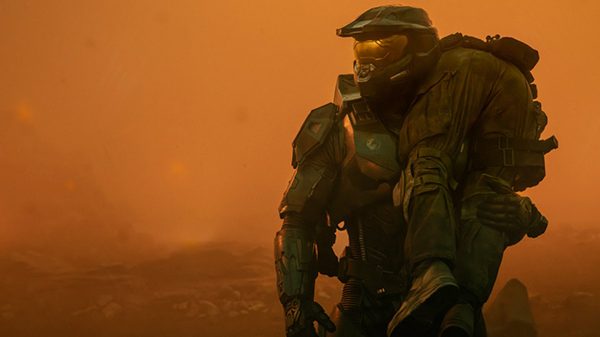
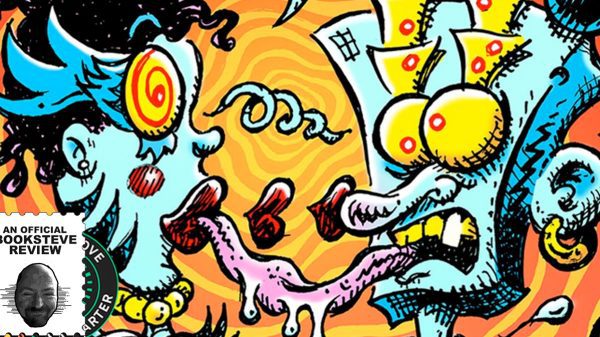

































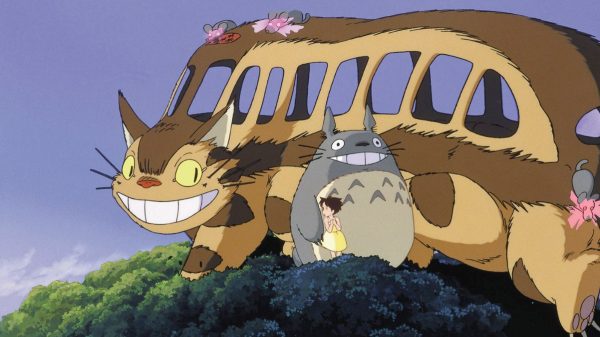

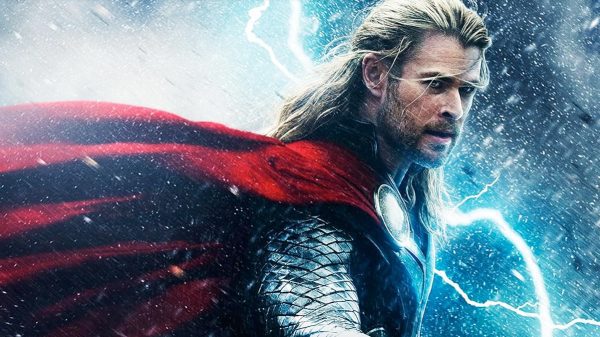









1 Comment
You must be logged in to post a comment Login